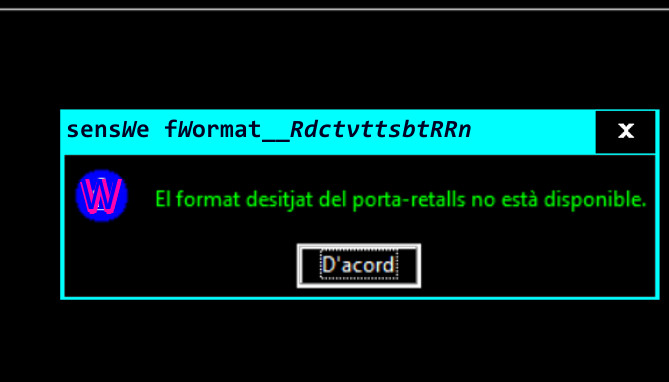_RàdioActvttSbtRRn__
/// Aquest proper disswbte U de juny hi haurà l’activitat inicial en el desdoblament que continuarà el dijous sis de juny, en un doble programa per gestionar aspwctes sonors que afecten les línies rectes i les línies corbes fent com de 'No posicionaments posteriors' a les situacions que vindrien després.
“El porta-retalls no pot enganxar el format desitjat perquè no està disponible/ No format / Why would you play the thing That I told your soundmates Not to do?” / Ce Lien a été copié dans votrepresse-papier.
'Step across The border' (film)
El sis serà quan es farà com fosc malgrat que el dia s'allargui cap aquí, nosaltres ens mourem una mica més cap enllà. Step across The border (film). The film is not narrated, and the musicians, the music and the locations are not identified. Instead it is a sequence of "snapshots".
It was written and directed by Nicolas Humbert and Werner Penzel and released in Germany and Switzerland.
'Step across the border' (film)
A ninety minute celluloid improvisation by Nicolas Humbert and Werner Penzel.
The film is not narrated, and the musicians, the music and the locations are not identified. Instead it is a sequence of "snapshots" taken of Frith and musicians he has worked with, rehearsing and performing, interspersed with apparent random images of movement (trains, cars, people, grass) that blend in with the music. The improvised nature of the film and its Direct Cinema approach make it more of an art film than simply a documentary on a musician.
The music in the film is performed by Frith on his own, with others, and by others on their own. Some of the music is improvised, some is composed material performed "live", and some is previously recorded material played as accompaniment to many of the "movement" sequences in the film.
The recording of the film coincided with the formation and activity of Frith's review band Keep the Dog (1989–1991), and many of the participants of the band appear in the film. There are even a few rare glimpses of the band rehearsing. René Lussier in particular, features prominently and "interviews" Frith about his musical upbringing and approach to music.
The title of the film comes from the lyrics of the song "The Border", recorded by Skeleton Crew on their album, The Country of Blinds (1986). A brief "video" of this song also appears in the film.











